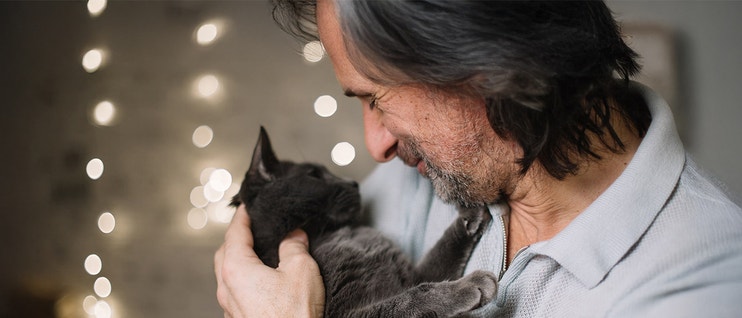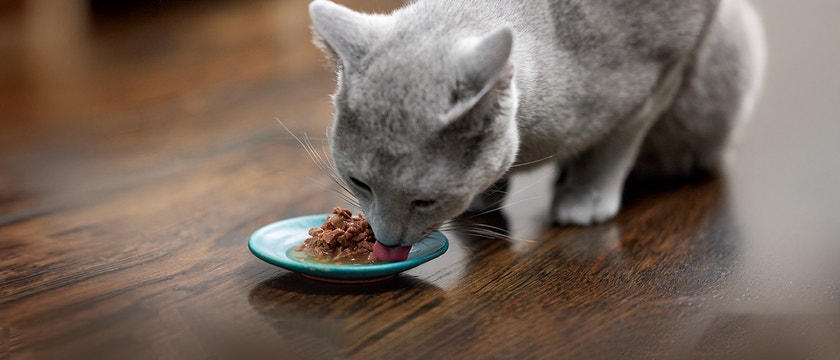
Cat Diet: Essential Nutrients Your Cat Needs
Cat diets are a crucial aspect of pet care. Your feline friend needs the right balance of nutrients to maintain their health and energy levels. But exactly which nutrients does your cat need? And how can you ensure they’re getting the right amount of each?
In this article, we’ll explore the essential nutrients your cat needs to thrive and discuss how to incorporate them into their diet.
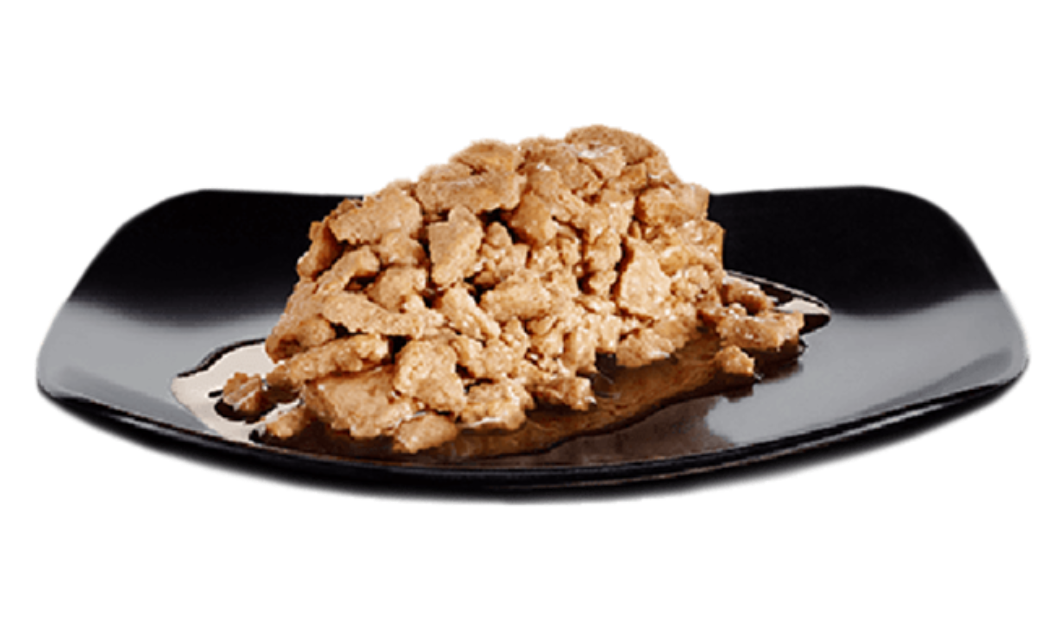
Cat Diets: Essential Nutrients
Cats are obligate carnivores. That simply means they need a diet high in protein and fat to thrive. However, those aren’t the only nutrients they require. A well-rounded cat diet should also include the right amount of vitamins, minerals, and fiber.
Let’s look more closely at each key nutrient your cat should be consuming.
Protein
Protein is the most crucial part of your cat’s diet, but not just any protein will do. They need high-quality animal protein to thrive, as their bodies can’t process plant-based proteins or filler ingredients efficiently.
Your cat uses protein to:
Build and repair tissues
Maintain a healthy immune system
Provide energy for daily activities and playtime(open in new tab)
Grow a luxurious coat
Keep their skin healthy
Without this essential macronutrient, your cat may experience muscle loss, weakness, and even heart problems.
The Best Protein Sources for Your Cat’s Diet
Since your cat can’t read the labels on their cat food, it’s important that you do. Look for foods that list a specific protein source — such as chicken, beef, or salmon.
SHEBA®(open in new tab) is an excellent choice since it uses high-quality premium ingredients(open in new tab). Your cat will love our wet cat food because it stars natural protein like:
Salmon
Chicken
Roasted turkey
Whitefish
Tuna
It’s what cats want!
How Much Protein Do Cats Need?
As we’ve mentioned, cats require a high amount of protein in their diet. The exact amount depends on several factors, such as their age, weight, and activity level.
According to the Association of American Feed Control Officials (AAFCO)(open in new tab), kittens and pregnant cats need at least 30% protein in their daily diet, while adult cats should have a minimum of 26% protein.
However, these are just guidelines. It’s best to consult your veterinarian to determine the right amount of protein for your cat based on their unique characteristics.
Fats
While you may worry that feeding your cat food with fat will make them gain weight, fat is an important part of their diet. This macronutrient provides energy and helps with the absorption of fat-soluble vitamins.
But not all fats are equal. You don’t want to feed your cat food high in unhealthy saturated fats. Instead, look for foods with healthy fats, such as Omega-3 fatty acids, which can help improve your cat’s skin and coat health.
Some common sources of healthy fats in cat food include:
Fish oil
Flaxseed
Sunflower oil
Table of Contents
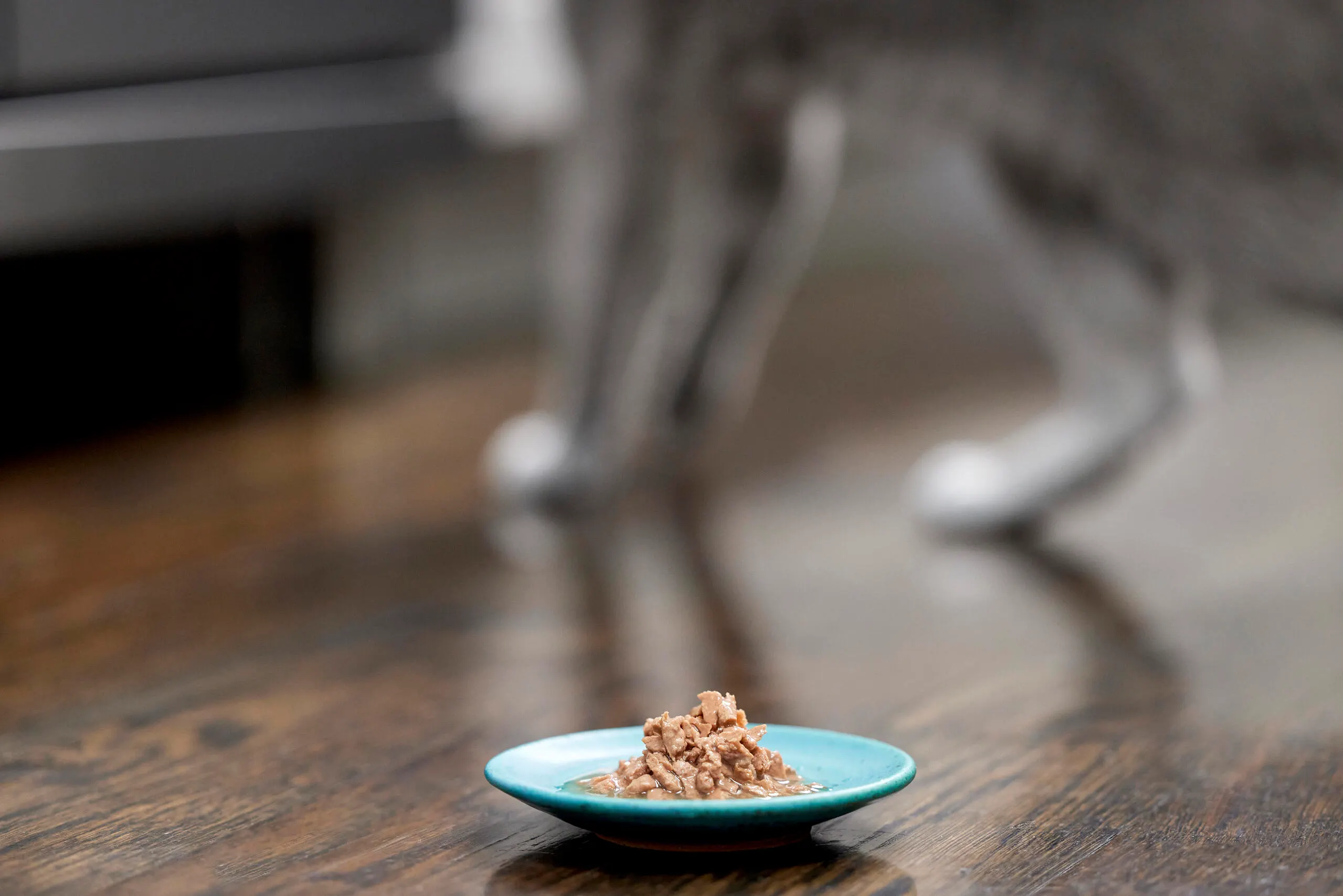
Fiber
Fiber is another critical component of your cat’s diet. It helps regulate digestion and keeps your pet feeling full.
As we noted earlier, cats are obligate carnivores, meaning they don’t need a lot of grains or other carbohydrates to survive, but a small amount of fiber can be beneficial.
Look for cat food containing natural sources of fiber, such as:
Carrots, beans, or other vegetables
Guar gum
Cellulose
Vitamins and Minerals
Cat diets aren’t complete without vitamins and minerals. These essential nutrients keep your furry feline healthy and support their body functions.
A quality cat food will include vitamins and minerals such as:
Vitamin A: Supports vision and immune system health
Vitamin B: Plays a role in metabolism and energy production
Vitamin D: Helps with bone development and calcium absorption
Vitamin E: Is an antioxidant and helps with the immune system
Calcium: Helps keep your cat’s teeth and bones strong and healthy
Phosphorus: Helps with bone health
Zinc: Keeps the muscles, heart, and liver functioning well
If you’re buying kitten food(open in new tab), make sure it also includes:
DHA (Docosahexaenoic Acid): An Omega-3 fatty acid that supports brain and eye development
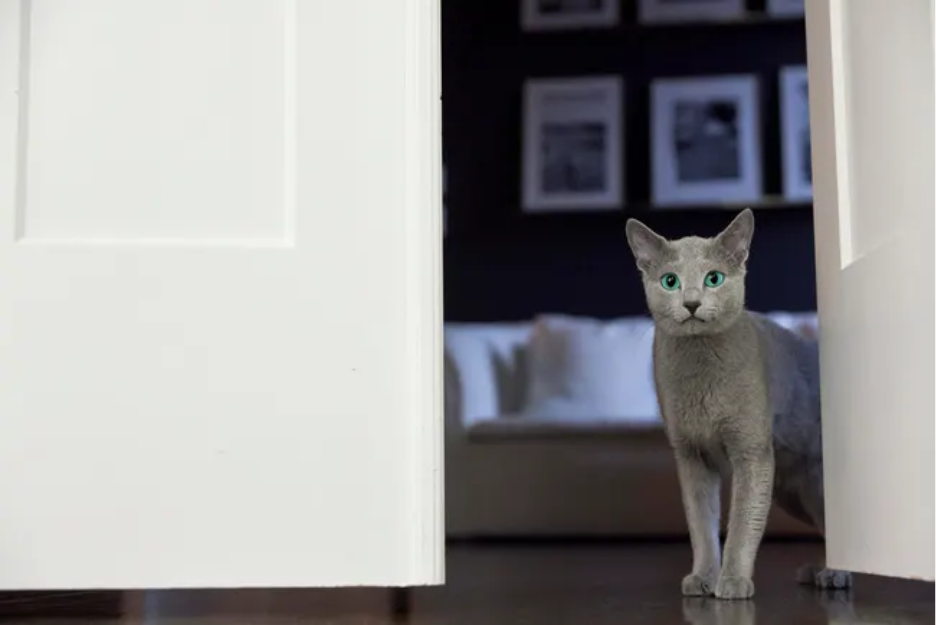
Cat Diets: What to Feed Your Cat
Now that you know what to look for in your kitty’s food, you may be wondering which cat diets are the best.
You have three main options:
Wet cat food: Also known as canned or moist cat food, this diet contains higher water levels, and cats love the delectable, meaty texture!
Dry cat food: Also known as kibble, this cat food has a lower moisture content. It’s also harder for cats to chew but can be beneficial for their oral health.
A mixed diet: Some pet parents opt for a mix of wet and dry cat food.
Whatever you decide to feed your cat, it’s important to choose a cat food designed for their life stage. If you have a kitten, pick up kitten food(open in new tab) for them to eat until they’re between 10 and 12 months old. Then you can switch to an adult variety.
Check out our SHEBA® PERFECT PORTIONS™ line(open in new tab) if you want wet cat food. It’s packed in perfectly portioned trays, making it convenient to serve.
At the SHEBA® brand, we use premium ingredients that your cat will devour and leave out all the artificial flavors and fillers they don’t need.
Treats
Some pet parents like giving their cats treats as a special reward or for training(open in new tab) purposes. While there’s nothing wrong with an occasional treat, be mindful of how many you give your cat. Treats shouldn’t make up more than 10% of their daily caloric intake.
Opt for treats made from high-quality ingredients, like SHEBA® CAT TREATS Meaty Tender Sticks(open in new tab). These once-daily treats are individually wrapped to maintain freshness.
Meowzers, that was a quick rundown on cat diets! Before your cat gets too hungry from staring at all the delicious cat food on the screen, here are a few final cat-feeding tips to remember.
Watch Portion Sizes
Overfeeding your cat can lead to weight gain and other problems. Follow the recommended serving size on the food labels, and adjust your offered amount if you notice weight gain or loss.
If you’re not sure how much to feed your cat, this article will help: How Much Should You Feed Your Cat?(open in new tab)
Keep Them Hydrated
Fresh water is a staple in all cat diets. Always have a bowl of clean water available for your cat. If you notice they’re not drinking enough, consider investing in a pet water fountain to encourage your cat to drink more.
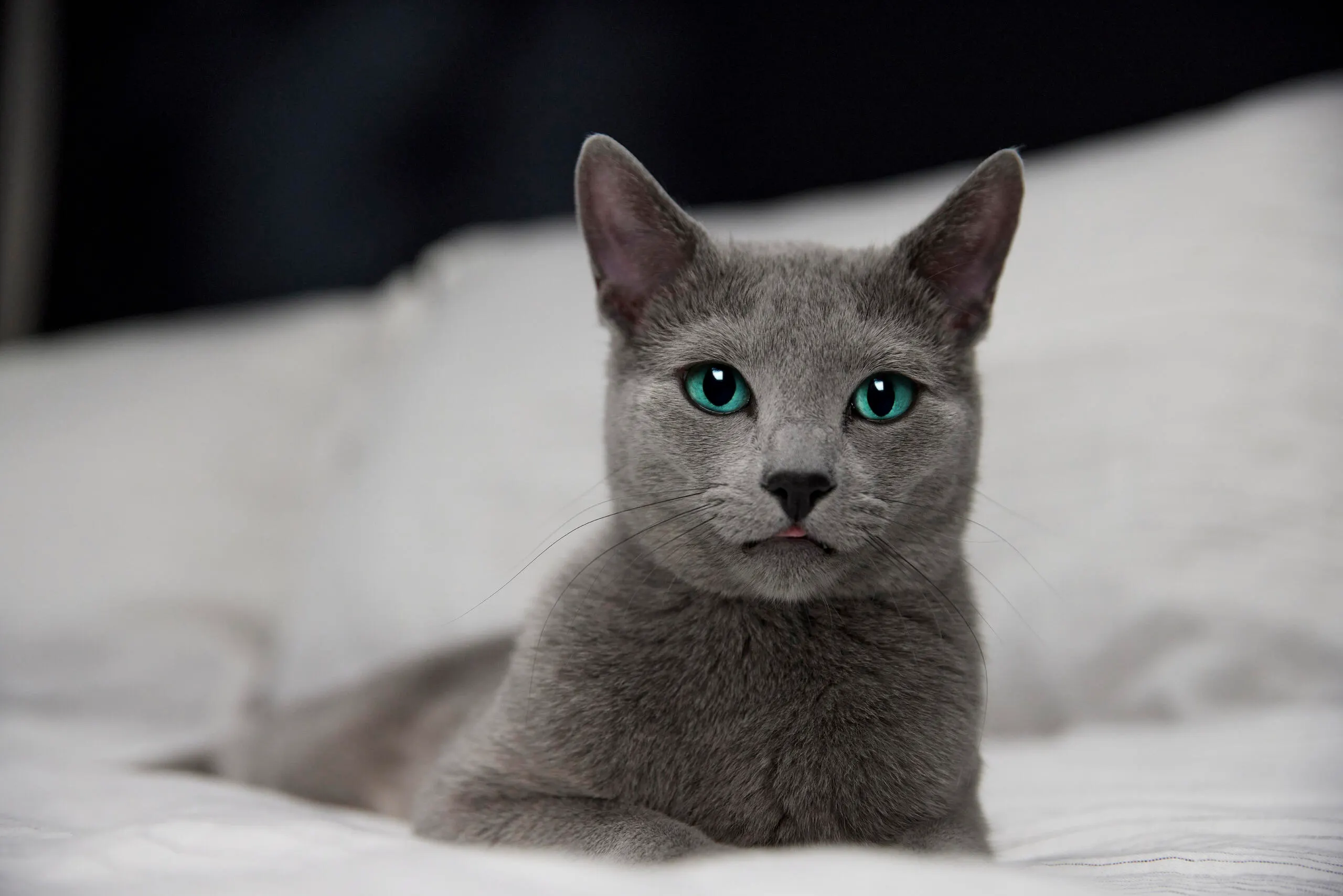
Be Mindful of Changes
Suddenly switching from one type of cat food to another may leave your cat feeling sick with stomach cramps and diarrhea. If you need to change, slowly transition them over a week by gradually mixing in the new food with the old.
This method gives their digestive system time to adjust. It also lets you watch your cat’s reaction to the new food. You can stop the transition process and speak to your vet for advice if they have a bad reaction or allergic symptoms.
Stay Consistent
Cats love a consistent routine almost as much as they love SHEBA® wet cat food. To keep them happy, try to feed them in the same place every day, around the same time.
Their feeding spot should be out of the way so they have fewer distractions. Your cat will appreciate the peace while they eat.
When setting your feeding schedule, plan to offer adult cats two meals daily. Kittens will need to eat more frequently.
Keep Your Cat Healthy and Happy with the SHEBA® Brand
The cat diets and tips described in this guide will help you keep your feline satisfied at mealtime. And a well-fed cat is a happy cat!
So stock up on SHEBA® PERFECT PORTIONS™(open in new tab) wet cat food today and watch your kitty purr with delight! They’ll thank you with love and snuggles.

